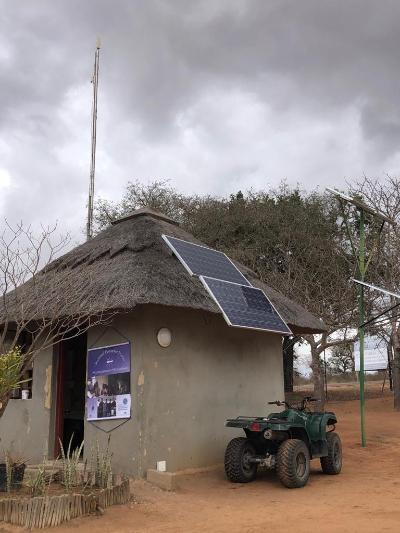Biomedical Engineering is a discipline in which the techniques of engineering and quantitative sciences are applied to the solution of problems in medicine and biology. The applications include research and design of instrumentation and technologies to enhance health care. In addition, the discipline deals with the development of a quantitative understanding of the human body and other living systems, in engineering terms.
The Biomedical Engineering Research Group within the School of Electrical and Information Engineering offers a range of research options at postgraduate level. The field of Biomedical Engineering is inherently multidisciplinary, and hence the research is usually undertaken in collaboration with other research groups and in some cases with other departments and institutions.
The group has been active in the fields of medical imaging, artificial intelligence and bioreactors. Some of the work has been done in collaboration with the School of Pathology and the School of Chemical and Metallurgical Engineering, as well as other research groups within the School of Electrical & Information Engineering.
| Staff | Research Interests |
|---|
Prof David Rubin
|
Medical Instrumentation |
Prof Vered Aharonson
|
Speech Analytics for Medical Diagnosis and Biometrics
Signal processing for rehabilitation robots
Physiological signal processing |
Dr Xriz Richards
|
Biomedical Engineering |
Dr Craig Carlson
|
Ultrasound |
Mr Abdul-Khaaliq Mohamed
|
Brain Computer Interfaces
Prosthetics |
Mr Adam Pantanowitz
|
Artificial Intelligence / Neuroscience
Human Computer Interfaces
Brain Computer Interfaces |










